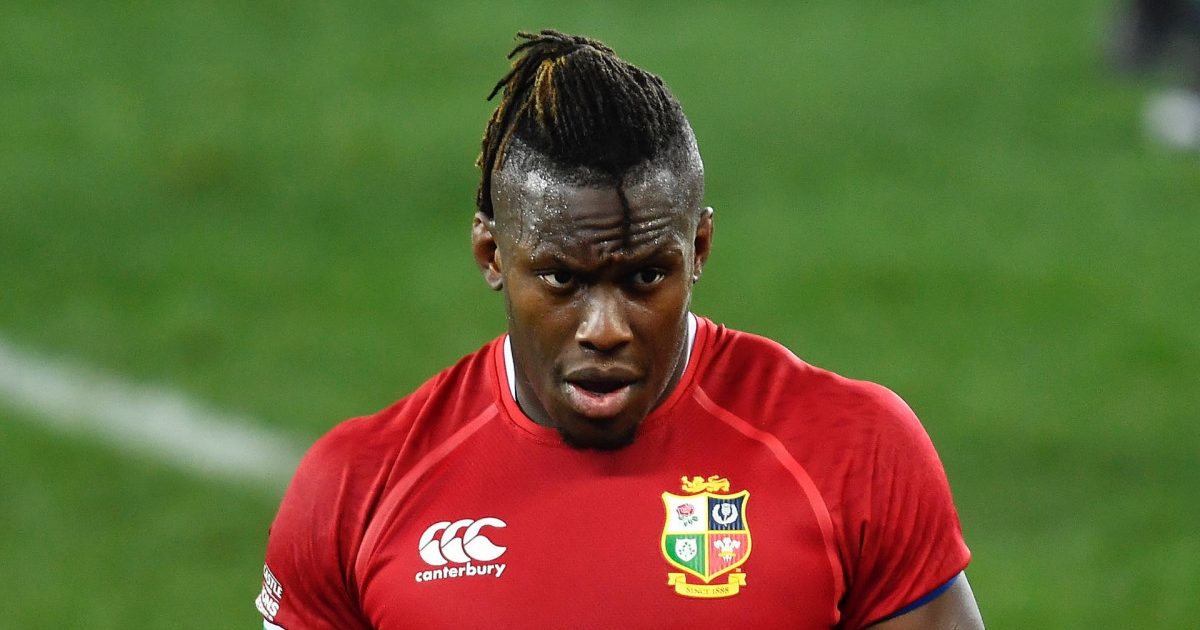England's Maro Itoje faces two Wallabies and a Frenchman for top award

England lock Maro Itoje has been nominated for world player of the year.
The 27-year-old Saracens forward features on a four-strong shortlist announced by World Rugby alongside France scrum-half Antoine Dupont, Australia captain Michael Hooper and his Wallabies colleague Samu Kerevi.
Itoje, who won his 50th England cap in Saturday’s victory over Australia at Twickenham, was nominated for the prestigious award in 2016 and 2017, when it was won on each occasion by New Zealander Beauden Barrett.
Jonny Wilkinson is the only previous English winner, taking top honours in 2003 when England were crowned world champions.
Despite their Test series victory over the British and Irish Lions this summer, when Itoje was arguably the Lions’ stand-out performer, world champions South Africa have no nominations.
And it is the first since 2004 that the All Blacks have failed to secure at least one shortlisted player.
World Rugby also announced the women’s player of the year shortlist, which includes England forwards Zoe Aldcroft and Poppy Cleall, while England Women’s coach Simon Middleton is among coach of the year nominations.
And the breakthrough player of the year contenders feature England and Harlequins fly-half Marcus Smith, in addition to Wales wing Louis Rees-Zammit.
The men’s and women’s player of the year categories will be decided by a fan vote.
Bok fans are raging over the snub ?#Springboks #Bokke #AutumnNationsSeries https://t.co/UCc1O6cIkm
— RugbyPass (@RugbyPass) November 15, 2021
Australia captain Michael Hooper – who became his country’s most-capped captain in September – and England’s Maro Itoje have both previously been nominated for the World Player of the Year award. Antoine Dupont is the first Frenchman to be nominated for the Award since 2012, while Samu Kerevi is rewarded for his impactful return to the Wallabies midfield in 2021, which saw them win five tests, their best run outside of a Rugby World Cup since 2008.
“The pandemic and its consequences have restricted several unions from playing international games this year and we recognise that not all rugby stars have had a chance to shine,” said World Rugby Chairman Sir Bill Beaumont. “Nevertheless, the World Rugby Awards Panel has done an amazing job in selecting suitable candidates in each category and I would like to congratulate all nominees who, deservingly, have been shortlisted for this year’s awards.”
– additional reporting RugbyPass











































































How can world rugby justify winners by public vote....when looking at the various nominees and the population of their countries?? Will it be done per capita or pure...first past the post is beyond my imagination...fiji has two 7s players nominated who won gold in japan yet the nation has less than one million while scot curry could win it if he gets 2 million vote in a country of nearly 6m people
What a joke, Eben Etsebeth had Itoje in his back pocket during the Lions series and will own him again when the boks play England during the end of year tour.